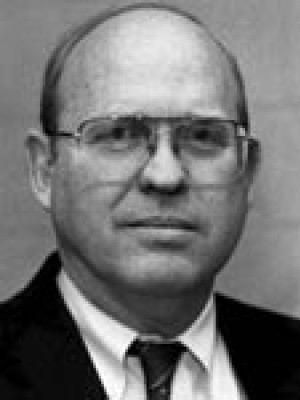
Before retiring, Gary Field has been active in education in Georgia and the Southeast for over 30 years. Most recently he was a consultant on education matters to the governor's staff and the Office of Education Accountability in Georgia. He served 26 years in the Fulton County Schools in Georgia, including 23 years as an elementary school principal at College Park Elementary School, and pioneered the year-round school (YRE) concept in Georgia, for which he was honored by the State of Georgia and by the Georgia State Senate with Resolution 402, and as a Milken Award recipient. Since then, Mr. Field has publicized the benefits of balanced school calendars to school and community leaders throughout the state, and by 2002, over 50 schools in Georgia had adopted alternative school calendars, with several others currently exploring the concept to improve educational performance. Mr. Field has held several leadership positions in Georgia educational organizations, including the presidency of the Georgia Association of Elementary School Principals and was a board member of the Georgia Association of Education Leaders for over ten years. He co-organized and served as first president of the Georgia Association for Year-Round Education (GA-YRE), and established the first-ever conference in the southeast on the year-round concept. A graduate of the University of Nebraska, Mr. Field subsequently earned master's and specialist's degrees in education administration from Georgia State University. He also graduated from the U.S. Naval Officers Candidate School in Newport, Rhode Island, receiving a commission as Ensign, U.S. Navy, and served two tours of duty in Vietnam.
Testing, or "assessment," plays a vital role in education today. Test results are often a major force in shaping public perception about the quality of our schools. As a primary tool of educators and policy makers, assessment is used for a multitude of purposes. Educators use assessment results to help improve teaching and learning and to evaluate programs and schools. Assessment is also used to generate the data on which policy decisions are made. Because of its important role, educational assessment is a foundation activity in every school, every school district and every state--a vital component in innovation, higher standards and educational excellence. Testing has been a pivotal part of American education since early in this century when educators began to seek more reliable and valid means to evaluate students and programs. In the past 40 years, there has been explosive growth and profound change in education. At every step of the way, educational assessment has responded with innovation in measurement and technical expertise. In the past ten years alone, the field of testing has undergone tremendous change because of the emphasis on education reform and development of new education standards. Local and state education agencies are called upon today, to make many crucial decisions regarding how students and programs are assessed— decisions often involving significant time, effort and public resources. Making the right decisions about testing begins with having a basic understanding of the need for assessments that are valid, reliable and fair, and that fulfill their designed purposes. Though testing is often perceived as a technical field, these "basics" of assessment are not difficult. This information addresses those "basics." Since my retirment I have worked in partnership with school districts to create successful assessment systems. I hope this information will serve not only as a starting point but also as a continuing reference tool for you, local and state school board members, educators and policy leaders seeking a firm footing in assessment.